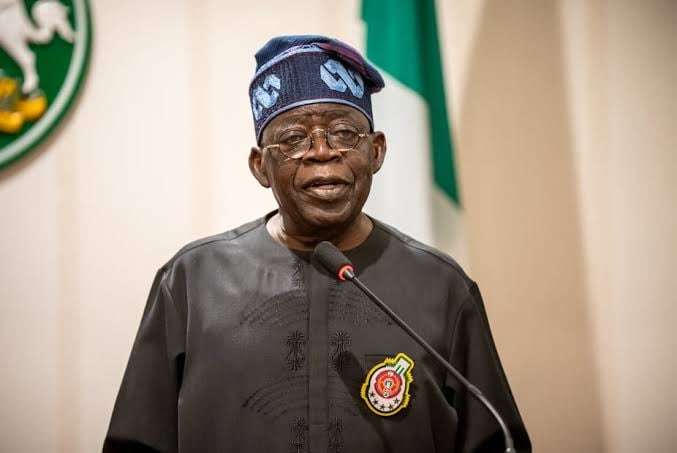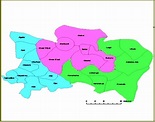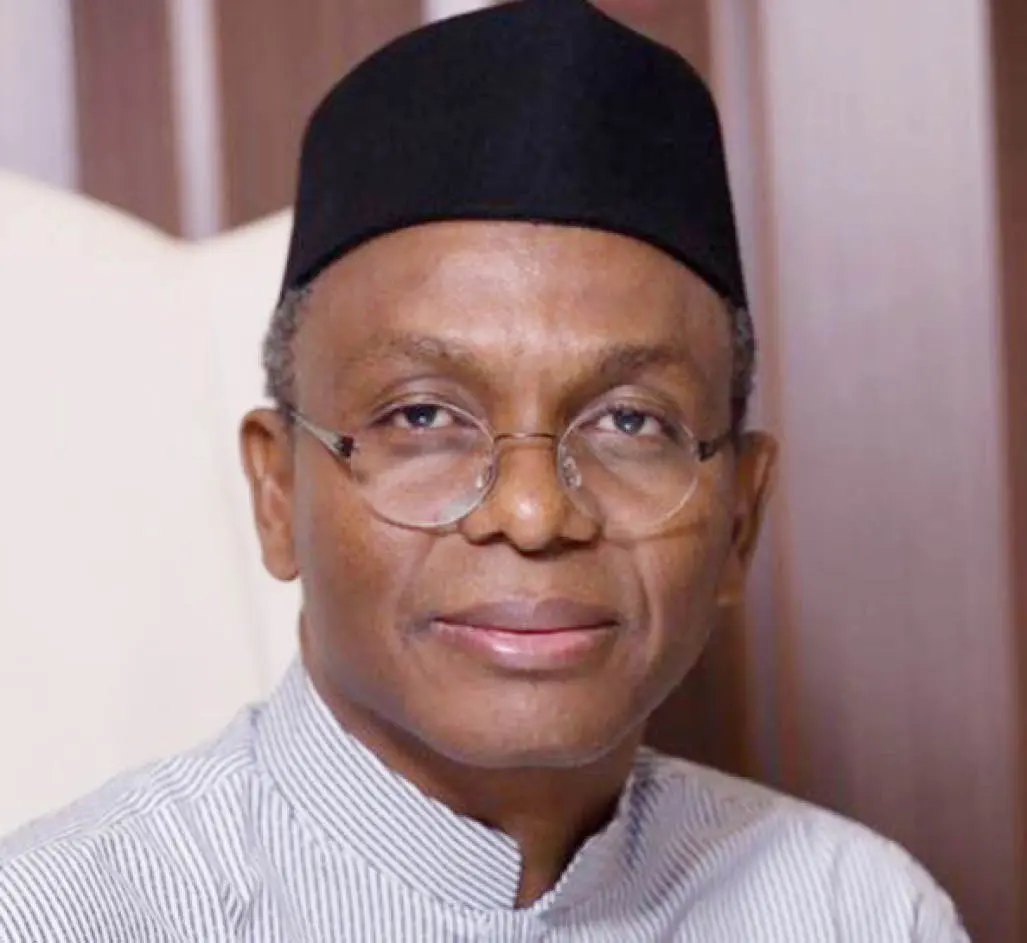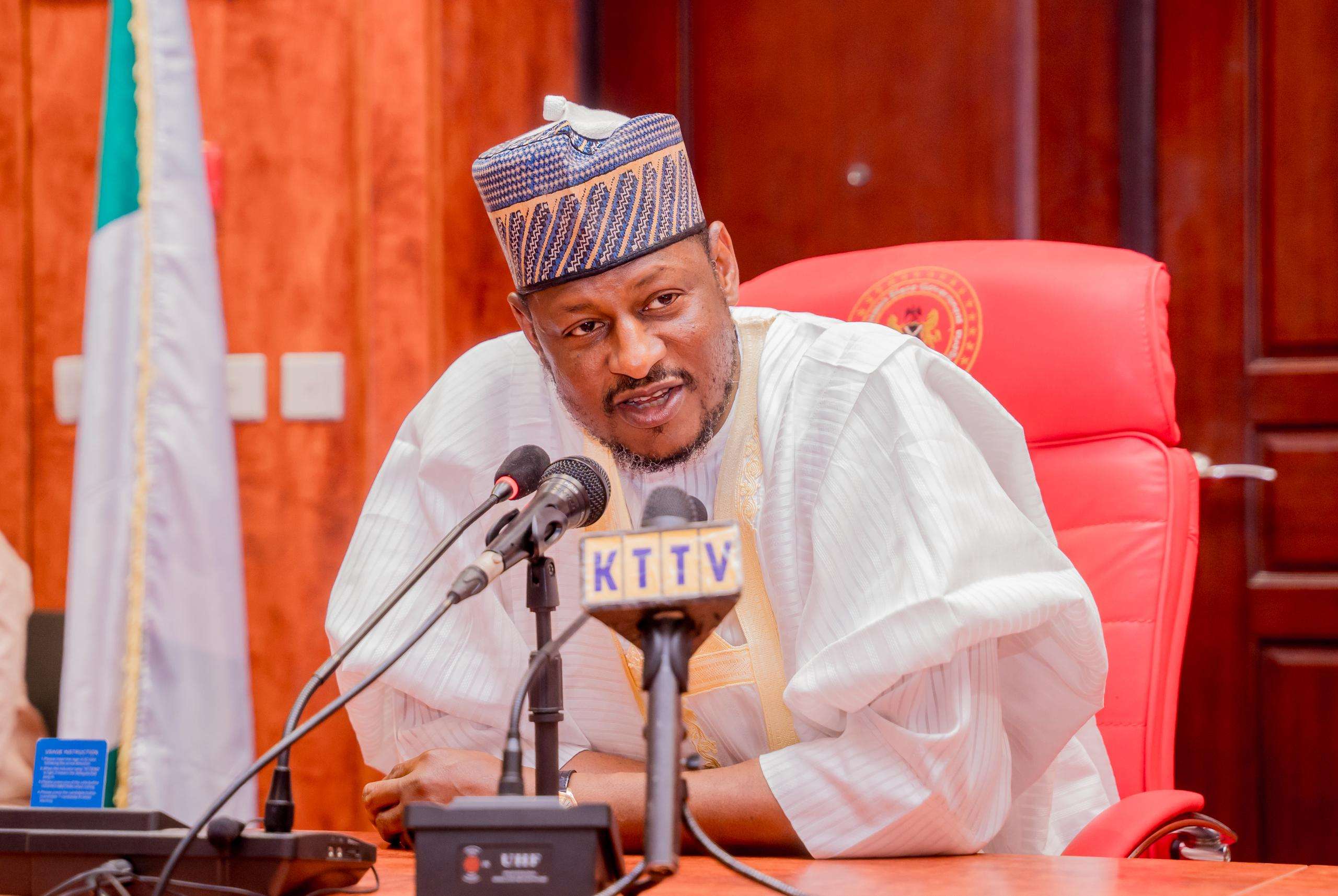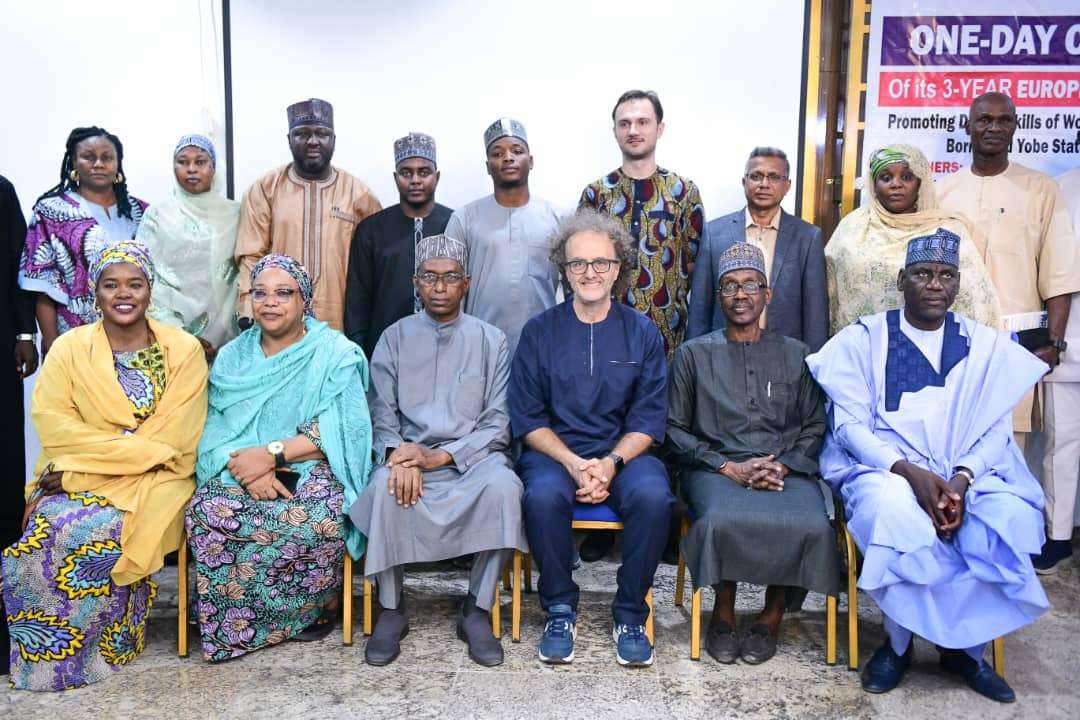Director of Corporate and Regulatory Affairs at Olam Agric, Ade Adefeko, has shared insights on the agricultural landscape in Nigeria in light of President Bola Tinubu’s speech on Nigeria’s 64th Independence anniversary.
Adefeko In an interview with ARISE News on Wednesday, expressed a cautiously optimistic sentiment about the current state of agriculture: “My sentiment is positive. Prior to now, we have had the availability problem and affordability problem.
“But right now, we have availability positive and affordability negative, so people can’t afford what is available.”
He noted the fluctuations in food prices, stating, “President Tinubu in his speech on the 64th independence spoke to the fact that food prices has come down.
“We are facing high cost of food, but to a large extent, it’s because of cyclical production and harvest; that’s why we are seeing prices going down.”
Highlighting the need for a systematic approach to agriculture, he said, “We must be very systematic in how we approach agriculture…
Related News:
- Tourism Should Be Nigeria’s Number One Revenue Generator, Surpassing Oil and Gas, Says…
- Adefeko Calls for Urgent Action, Says Nigeria’s Food Security In Jeopardy
- Nestoil Calls for End to ‘Lowest Bidder’ Rule, Highlights Impact on Nigeria’s Oil Sector Growth
“I think overall sentiment on the speech is good words and hope renewed, but what we need now is hope realised.”
Adefeko acknowledged the improvements in the security situation, remarking, “To be fair to this administration, to a large extent, the security situation has improved.
“I’m not saying we are there yet, but look at it on a security ratio scale of probably 6/7 over 10 because things were very bad prior to now.”
He added, “A lot of gains have been made. It’s a work in progress, and to a large extent, more farmers have been going back to the farms to continue with their vocation as it were, but I think there is an improvement, though there is still much work to be done.”
He noted the connection between food security and national security: “You need to understand the nexus between food security and national security.
“They are more or less intertwined. I think if that is sorted to a large extent, we would get better yields.”
Adefeko also pointed out the cyclical nature of agriculture in Nigeria: “Our agriculture, to a large extent, is very cyclical. It’s usually one cycle and next rather than having two or three cycles or you are out.
“What we are seeing now is that we are having an abundance of production because of harvest for tomatoes, yams, and all the like. That’s why, to a large extent, food inflation is more or less a bit tipping.”
He advocated for a holistic approach to agriculture, saying, “I think we should be a bit more holistic rather than being atomistic.”
On the role of government, he said, “I think government should not be involved in the purchase and procurement of mechanisation or agricultural-related activity; they should leave that to the private sector.
“The mechanisation rate in Nigeria is one of the lowest in Africa and probably in the global south.”
He suggested that instead of directly providing tractors, “Government should encourage the organised private sector and farmers in cooperatives of organised farming to take that wide step.”
Finally, Adefeko stressed the importance of government policy: “Government should not be involved in agriculture, but what government should do is define and bring about the policy framework that supports food production.
“Government should always have a private sector player involved and hold quarterly meetings with them to understand the issues,” he concluded.
Boluwatife Enome

